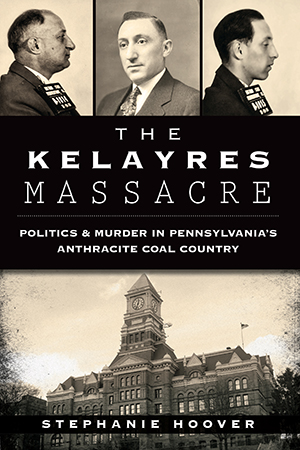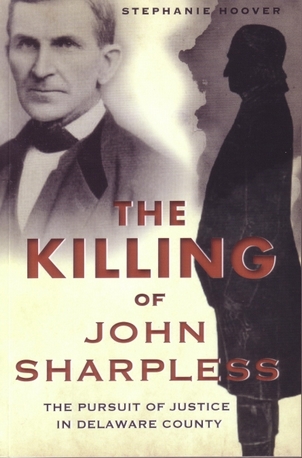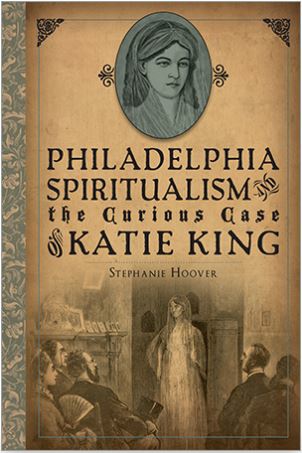Philadelphia Genealogy Research:
The City of Brotherly Love Presents Unique Challenges
© Stephanie Hoover - All Rights Reserved
Searching for Philadelphia ancestors can be both rewarding and frustrating. Because of its huge population as compared to other Pennsylvania cities/counties, the sheer volume of records can be daunting. Add to this the fact that the county was created in 1682 and you quickly understand how challenging it is to identify all generations of a particular family line. Pennsylvania's lack of early vital records filing requirements doesn't help - nor does the fact that records of many 20th century births and deaths are considered private.
While some Philadelphia records have gone online, your best shot at success is to conduct this research on-site or at the state repositories - or preferably through a combination of these two approaches.
The following is a sampling of the types and breadth of genealogical records available at five key repositories for Philadelphia research:
• The holdings of the Pennsylvania State Archives include critical Philadelphia court records such as land and estate. It also holds records of births, deaths and marriages. While land and estate transactions have been recorded since Philadelphia's inception, the recording of vital records was not required until roughly 1860. This is actually earlier than most Pennsylvania counties (by 20 years or more) but it clearly leaves a tremendous gap.Philadelphia research is a complex process, but it can be exceedingly fruitful if you remain patient and practice the art of creative problem-solving. The most important first step is to determine what records exist for the time period in which your ancestor lived.
• The Pennsylvania State Library offers an impressive collection of almanacs, city directories, atlases, passenger lists, family and county histories, and a variety of other compiled and abstracted genealogical resources. It is also home to one of the largest collections of microfilmed newspapers - particularly Pennsylvania publications. Philadelphia newspapers include the American Weekly Mercury, the first available issue of which is dated December 1719. A large collection of church and cemetery records serves as the best - and often only - alternative when searching for births, marriages and deaths prior to 1860.
• The Historical Society of Pennsylvania is a premier Philadelphia research facility. In addition to holdings similar to those found at the two state repositories, HSP houses a major collection of original manuscripts, photographs, and many other key resources unavailable elsewhere. For instance, original handwritten church ledgers often offer insights that their abstracted, typed counterparts simply do not. Local Philadelphia-area historical and genealogical societies should also be consulted.
• The Philadelphia City Archives is an excellent facility if you are researching 19th and 20th century ancestors. Here you can find deeds through the 1940s, marriage certificates through 1915, birth registers through 1915, death and cemetery returns, naturalizations through 1930, business directories, city directories, and a variety of other primary resources.
• Philadelphia's City Hall is the home of "modern" public records - although keep in mind that beginning in 1906 all births and deaths occurring in Pennsylvania are recorded at the state level and the vast majority are considered private.
Next, you must decide which facility has the best collection of these particular record types.
Lastly, you must conduct your investigation knowing that follow-ups and double-checking are just par for the course with Philadelphia family history research. ~SH


